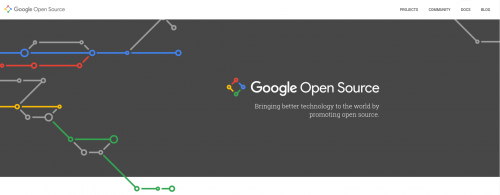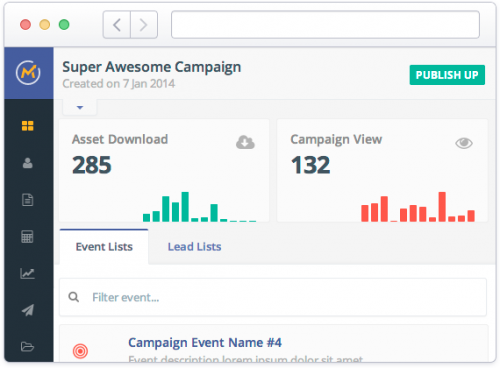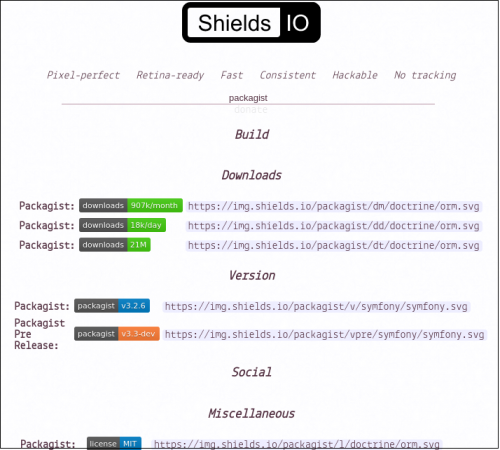Google announced its new Open Source website:
Today, we’re launching opensource.google.com, a new website for Google Open Source that ties together all of our initiatives with information on how we use, release, and support open source.
This new site showcases the breadth and depth of our love for open source. It will contain the expected things: our programs, organizations we support, and a comprehensive list of open source projects we’ve released. But it also contains something unexpected: a look under the hood at how we “do” open source.
The site currently features over 2,000 open source projects that Google has released and contributes to.



